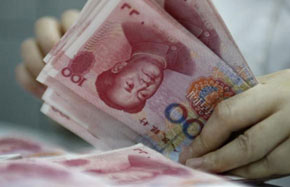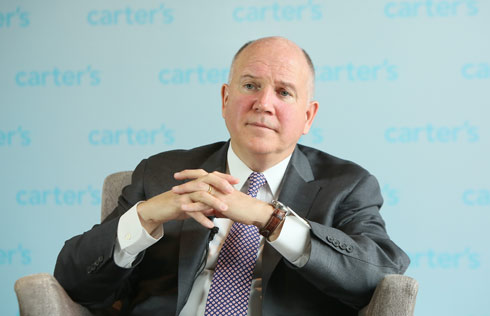China powers Uganda to close energy deficit
KAYUNGA, Uganda - As River Nile, the longest in the world, snakes through central Uganda, Chinese engineers and their local counterparts are constructing a multi-million US dollar power plant on its bank in the remote Kayunga district.
Concrete works have already been finished, according to the engineers, and they are working to ensure that the $568 million power plant produces electricity during the second half of next year.
The plant dubbed Isimba Power Plant Project, is one of the flagship investments that signifies China's efforts to power Uganda.
Uganda accessed the fund to construct the 183 megawatt plant from Export Import Bank of China. Construction commenced in April 2015 and conclusion is expected in August next year.
"After one year we will hand over a high quality project to Uganda and contributes efforts towards building the relation between Uganda and China," Wang Yongtian, head of the construction project told Xinhua in a recent interview.
Experts argue that inadequate, inconsistent and expensive power is one of the major bottlenecks hindering Uganda's fast economic development.
Ugandan manufacturers and other big businesses have complained of the high cost of electricity in the country, which they say makes their products uncompetitive in the region.
According to official figures, it is estimated that 1,131mW will be required to meet the national electricity demand by 2020. Currently installed capacity is 822mW.
The Ugandan government over the last decade has been at the forefront of pushing for rapid infrastructural development with emphasis on energy and transport.
To access low interest loans with no strings attached, Uganda looked at China as its financier.
China is financing the construction of another hydro power plant along River Nile in northern Uganda. The $1.4 billion Karuma Power Plant, is the first underground power plant in the east African region.
When completed, the plant will provide over 600mW of electricity.
A World Bank report issued in April this year showed that Uganda was among the countries that are showing progress towards universal access to electricity.
The report, Global Tracking Framework 2017 - Progress Toward Sustainable Energy, said energy is the cornerstone of economic growth. With access to modern, reliable and affordable energy, a child can study at night, small businesses can thrive, women can walk home under the safety of working streetlights and hospitals can function efficiently and save lives.
Uganda now faces the task of bringing down the high cost of electricity. In 2007, the African Development Bank (AfDB) approved a $110 million loan to finance, build and operate a 250mW power plant on the River Nile near Jinja. This project pushed up the cost of power.
Akinwumi Adesina, the AfDB president early this year assured Uganda that it is working to ensure that the electricity tariffs would go down.
Uganda wants to pull down the cost of electricity to five cents from the current 11 cents.



















